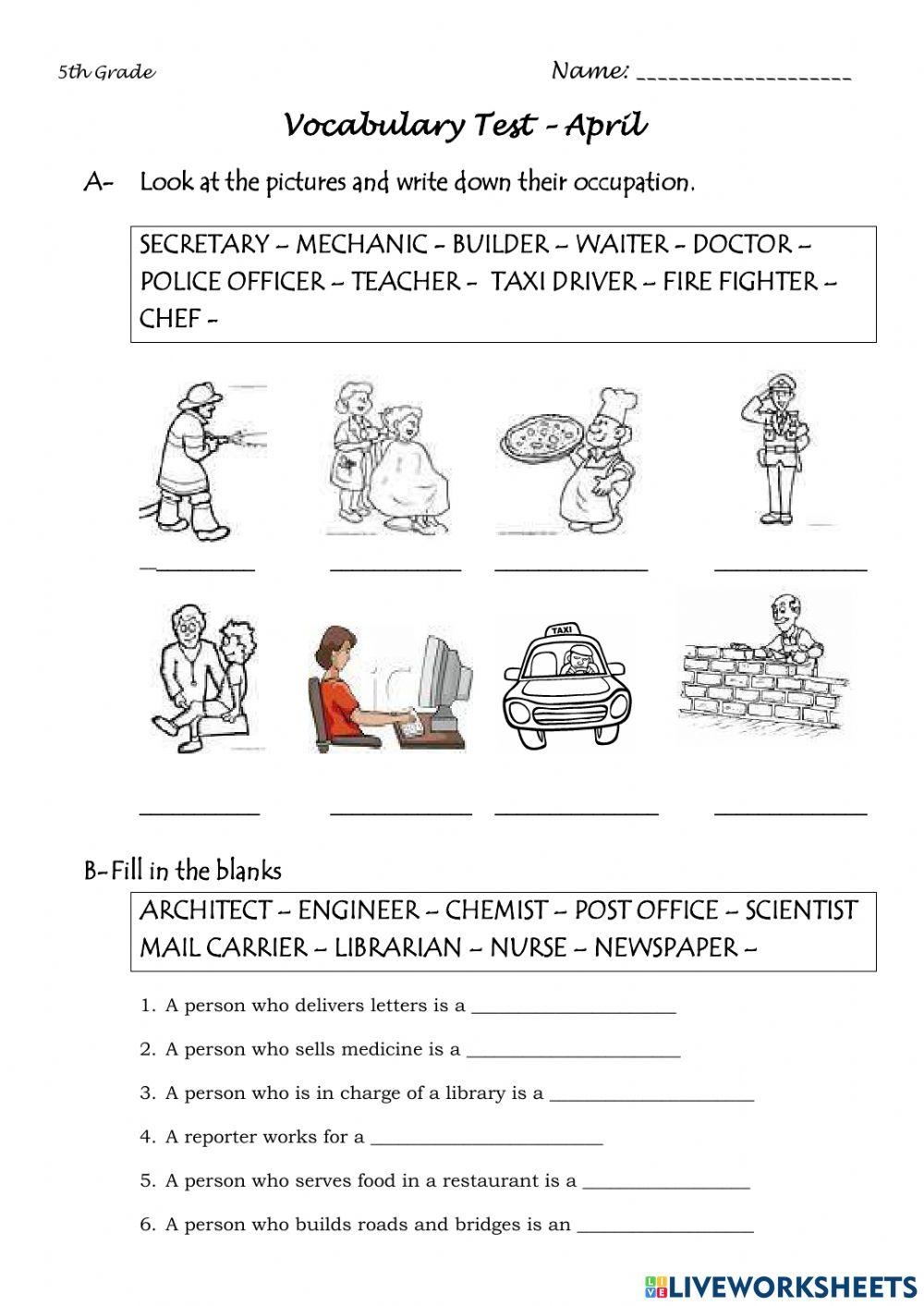Building a strong vocabulary is essential for students in Grade 5 as it helps them improve their reading, writing, and communication skills. Engaging in vocabulary activities not only enhances their language proficiency but also boosts their confidence in expressing themselves effectively. Here are some fun and interactive vocabulary activities specifically designed for Grade 5 students.
One of the key vocabulary activities for Grade 5 is word games. Word games such as crossword puzzles, word searches, and word scrambles are not only entertaining but also effective in expanding students’ vocabulary. These games challenge students to think critically and creatively as they search for and identify new words.
Another engaging vocabulary activity for Grade 5 is vocabulary building through storytelling. Encouraging students to write and share their own stories using a variety of vocabulary words helps them practice using new words in context. This activity not only enhances their vocabulary but also improves their writing skills.
Interactive vocabulary quizzes and flashcards are also effective tools for Grade 5 students to practice and reinforce their vocabulary. Quizzes can be designed to test students’ understanding of new words and their meanings, while flashcards are a great way for students to memorize and review vocabulary words regularly.
Role-playing activities can also be a fun and effective way for Grade 5 students to practice using new vocabulary in real-life situations. By assigning roles and scenarios that require students to use specific vocabulary words, they can better understand how to apply these words in different contexts.
In conclusion, incorporating a variety of vocabulary activities into the curriculum for Grade 5 students can greatly benefit their language development and overall academic performance. These activities not only make learning vocabulary more engaging and enjoyable but also help students become more confident and articulate communicators. By making vocabulary learning fun and interactive, educators can effectively support Grade 5 students in expanding their language skills.
